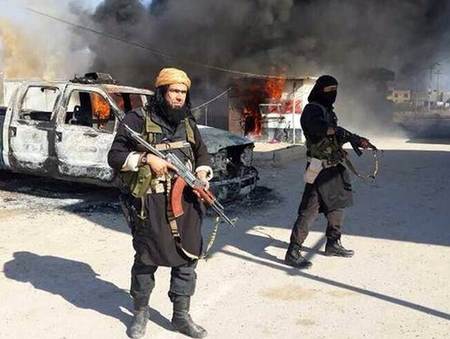Obama can neither cure the symptom nor eradicate the roots
- By Jin Liangxiang
 0 Comment(s)
0 Comment(s) Print
Print E-mail China.org.cn, September 25, 2014
E-mail China.org.cn, September 25, 2014
|
|
|
The emergence of ISIL suggests a new stage of the development of religious extremism. |
The emergence of ISIL suggests a new stage of the development of religious extremism. Prior to ISIL, Al Qaeda had long been a terrorist organization orchestrating terrorist activities at both global and regional levels, but it had controlled neither a certain region nor a certain number of people. But ISIL is certainly different. It not only geographically controls a piece of land from north Iraq across parts of Syria, but also demographically controls a number of people living in the area. It governs the territory and people through the armed forces and with an extremist ideology.
Despite its successful advancement in the last months, the prospects for ISIL will be a very complicated picture. On the one hand, ISIL's physical existence, due to its backward nature, will prove to be unsustainable under the joint global and regional condemnations and resistance. ISIL advocates discrimination against women, hatred against heretics and violence. It demonstrates its cruelties through videos.
On the other hand, the elements of religious extremism, just like cancer cells, will persist over a long period of time, and can even spread to other parts of the body without the original physical carrier. They can also easily find roots in the region and the world since power politics, poverty and sectarian conflicts will continue to exist for a long time.






